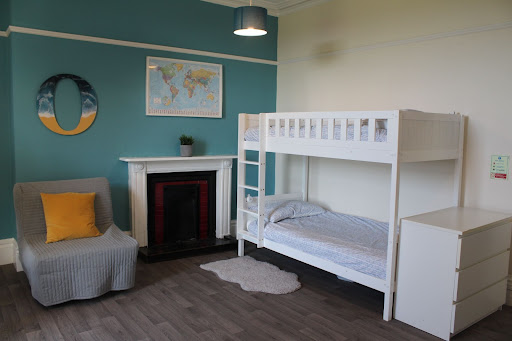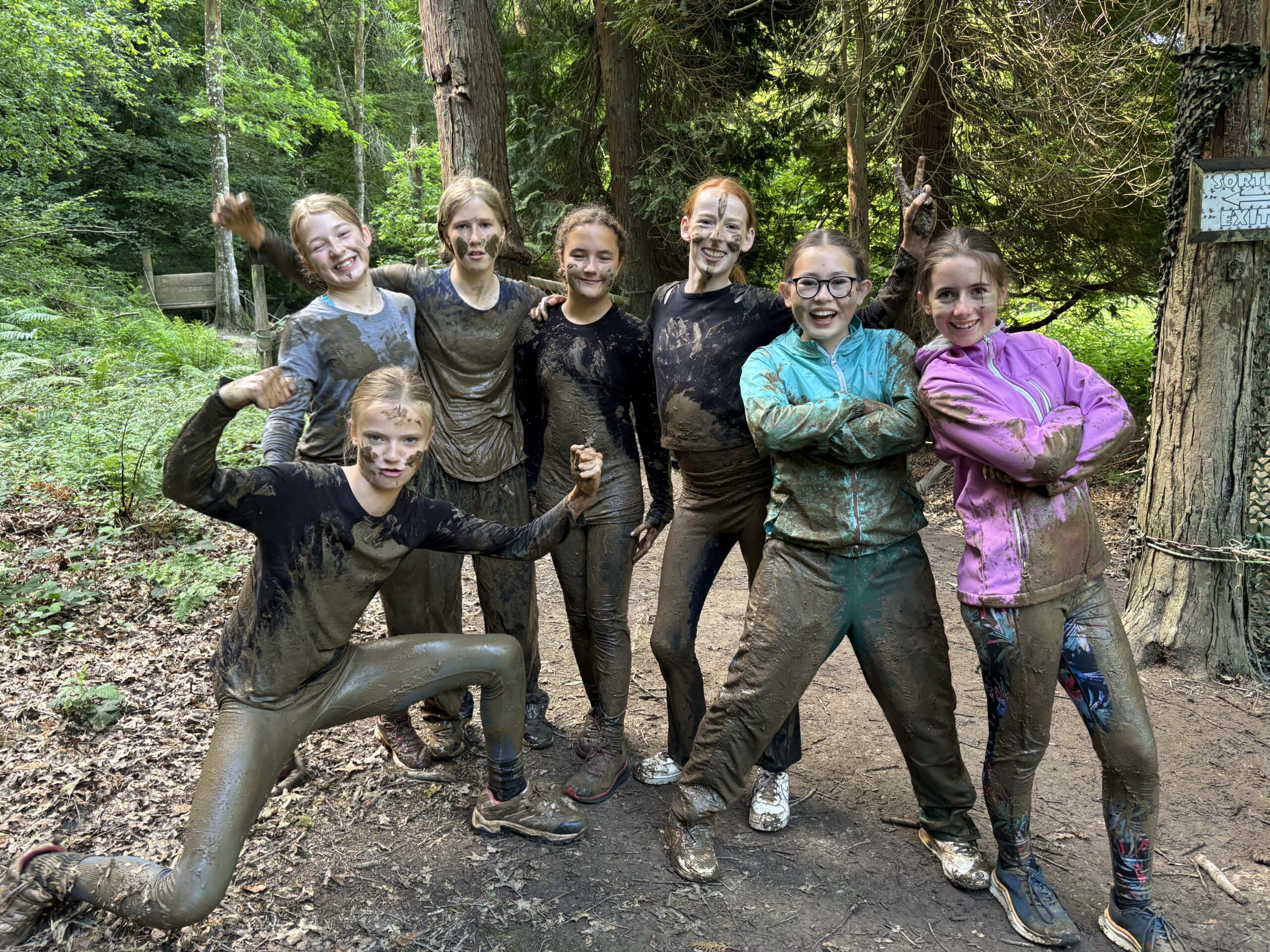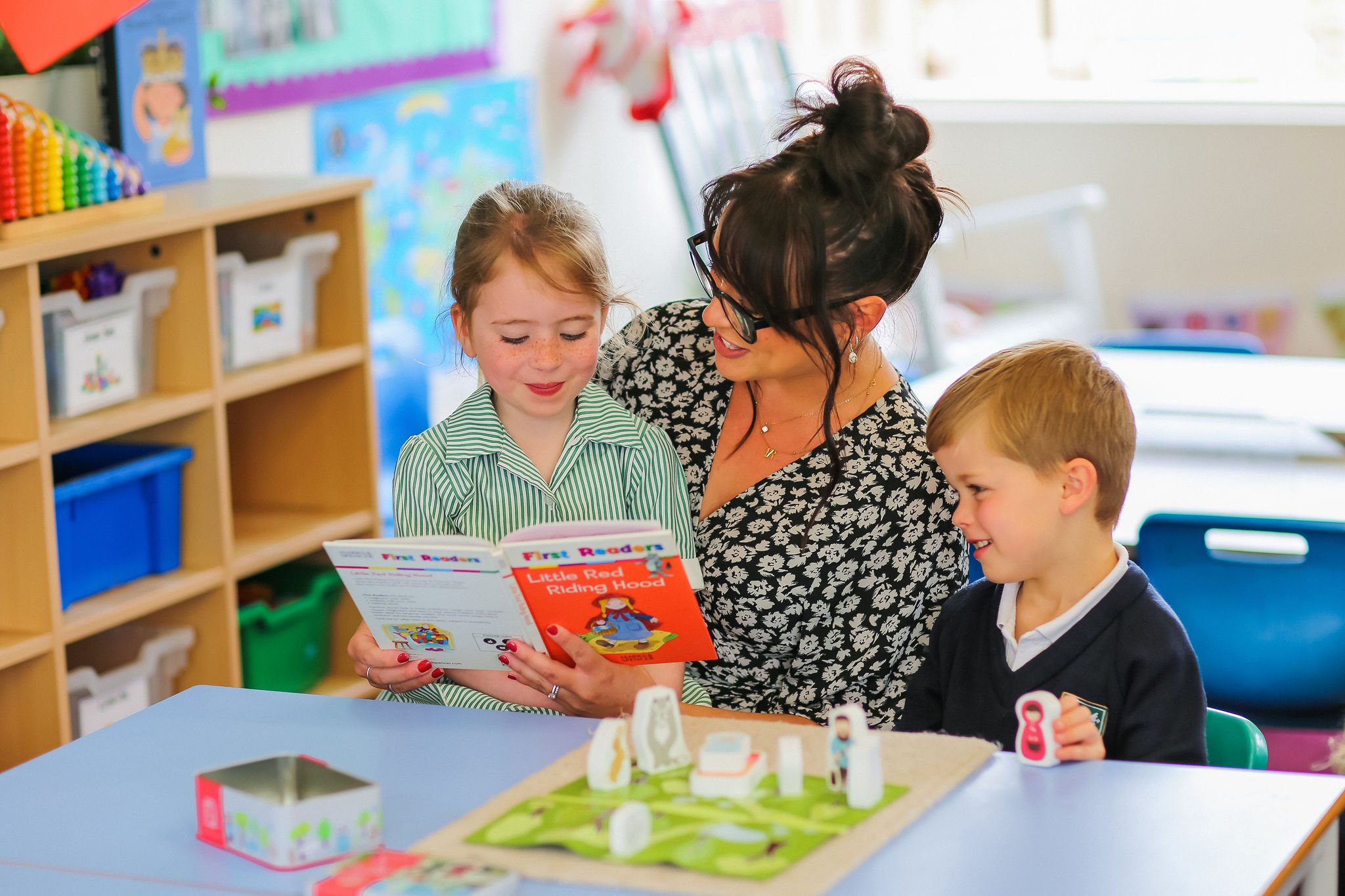How much sleep we get can affect us in a number of ways, from brain function to our appetite. Sleep is so important, especially for infants and young children who are learning new things every day.
As your children grow and develop, their sleep schedule is very important. Even losing just one hour of sleep can affect a child’s appetite, concentration and mood. As an independent primary school, we see first-hand what a lack of rest can do and know how difficult it can be when the routine changes. That’s why we are sharing our top tips for helping your little one with the clock change.
Moving Bedtime Back
One of the easiest ways to help your children positively cope with the clock change is altering their bedtime. A few days before the clock change, try to shift back your child’s bedtime by 10-15 minutes each day to help with the transition of going from standard time to daylight saving time.
To achieve the best outcome for your child’s sleep schedule, it is also a good idea to wake up your little one 10-15 minutes earlier than usual on the Saturday before the clocks change on the Sunday. This will help them to adjust into a new schedule more easily.
Creating a fixed schedule that works well for both you and your child is key. You need to be consistent with their bedtime and wake time everyday in order for them to have the best sleep, even on weekends. Ensuring that your children are getting the right amount of sleep, will help with their learning, behaviour, memory and overall physical and mental health.
Baths Before Bed
It has been proven that bathing your children one to two hours before their bedtime encourages relaxation and can prompt their bodies into thinking that they are asleep due to their body temperature being low.
Your body temperature is high after taking a warm bath, right? Wrong, taking a warm bath causes our body temperatures to drop which is why bathing at night can make us feel relaxed and sleepy; when we sleep our body temperature is at its lowest! This is why bathing your children one to two hours before their bedtime can help them to settle down and prepare their bodies for sleep. By doing this it may be easier to get your child to sleep 10-15 minutes earlier than their usual bedtime.

Technology Time Ends
For an easier transition to the clock change and a better sleep in general, give your children a technology cut off time at least one hour before their bedtime. Avoiding bright lights, including smart phones, laptops, tablets and other electronics can help you and your child get much better sleep.
One of the worst things before bedtime is blue light. Blue light can slow down the release of the sleep hormone melatonin, which will push back your little one’s internal clock, making them not want to sleep.
Try to make this part of your child’s normal sleeping schedule, not just to help them transition with the clock change.
By using these useful tips, you should have a smooth sleep schedule for your child when transitioning from standard time to daylight saving time as the seasons change.










